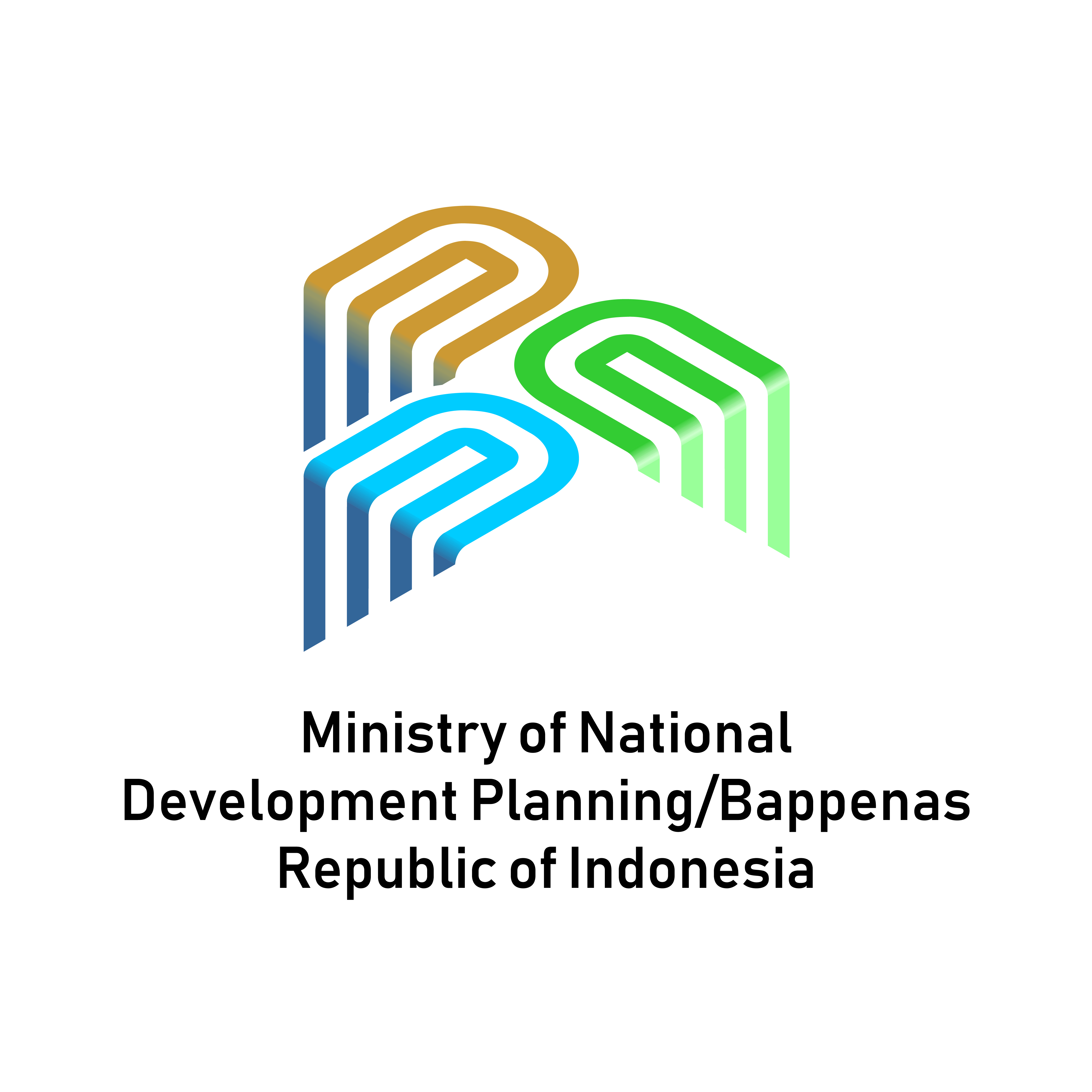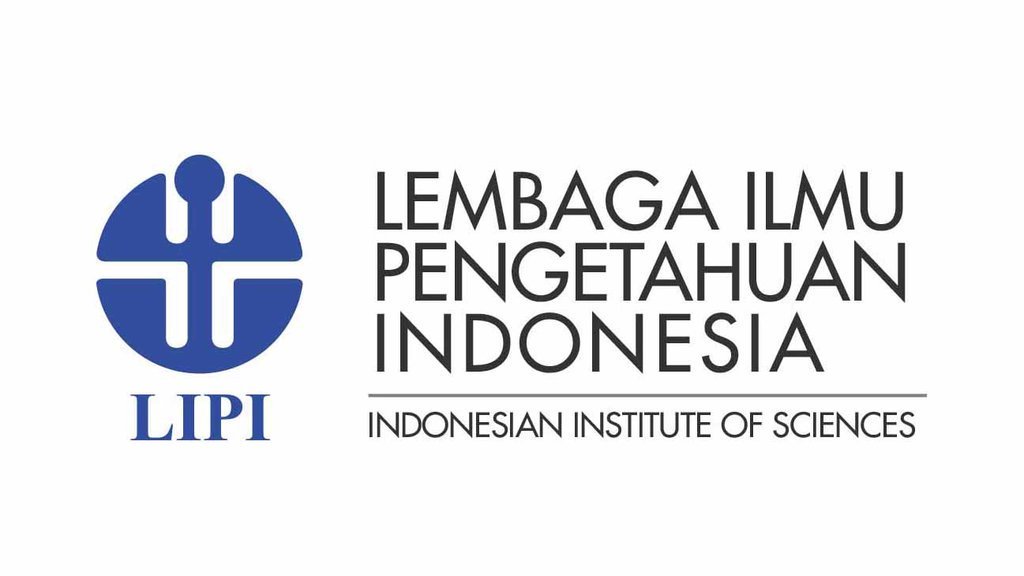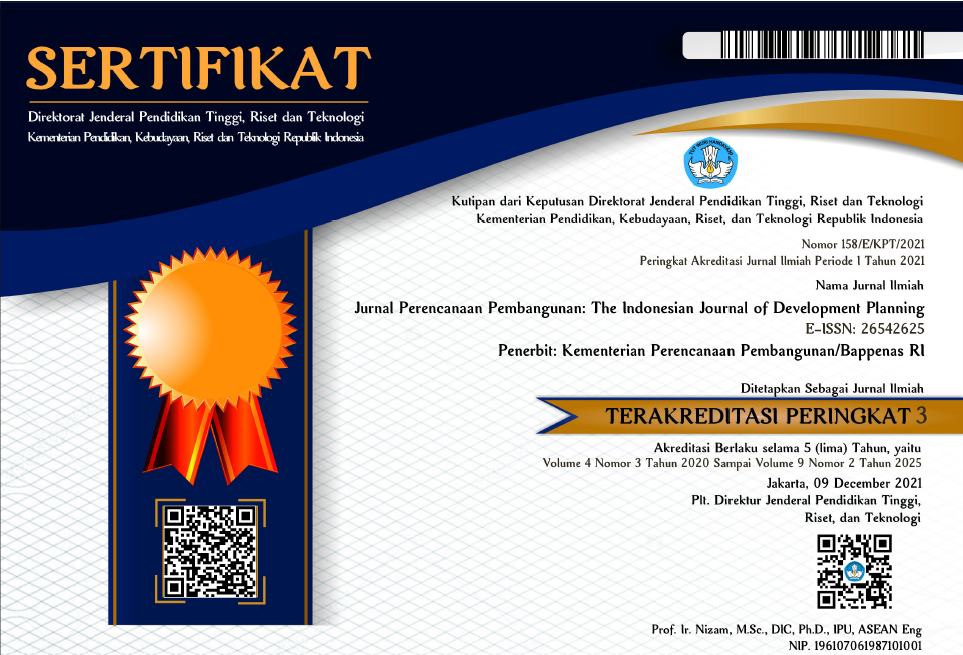Collaborative Governance in Child-Friendly City Policy Implementation in Kendari City, Southeast Sulawesi Province, Indonesia
DOI:
https://doi.org/10.36574/jpp.v6i2.328Keywords:
Child-Friendly City, collaboration, local government, task forceAbstract
Introducing a Child-Friendly City (CFC) policy in Indonesia signals the Indonesian government's commitment to promoting children's rights. One of the main strategies used by Indonesia to implement CFC policy at the local government level is establishing a task force as a collaborative forum involving both state and non-state actors. However, many local governments failed to form task forces and engage non-state actors. In contrast, Kendari City is one of the cities in Indonesia that successfully created a task force and collaborated with non-state actors to implement the CFC policy. This study aims to describe the collaboration process of stakeholders in the CFC task force and investigate the main factors that influence the collaboration process. A qualitative method with a case study approach was used in this study. The findings indicate that the Kendari City government collaborates with non-state actors through decision-making processes, joint action, and resource-sharing mechanisms. The collaboration improved Kendari City's capacity to accommodate children's rights during the CFC policy implementation process. Also, this collaboration results in more targeted programs because the policy's beneficiaries, children, are also involved in the decision-making process. Further, the similarity of goals and programs among actors influences stakeholder participation in collaboration to implement CFC policy in Kendari City. Moreover, because the collaboration in CFC policy implementation involved children, the study discovered that facilitators play essential roles in enhancing children's participation and improving the communication process in the collaboration process.
Downloads
References
Bryson, J., Crosby, B., & Stone, M. (2006). The design and implementation of cross-sector Collaborations: Propositions from the Literature. Public Administration Review, 66(s1), 44-55.
Emerson, K., Nabatchi, T., & Balogh, S. (2012). An integrative framework for collaborative governance. Journal of Public Administration Research and Theory, 22(1), 1–29.
Fossheim, K., & Andersen, J. (2022). The consequences of institutional design on collaborative arrangements’ power to influence urban freight policymaking. Case Studies on Transport Policy, 10(2), 1325–1331.
From OthersDiskominfo Kendari (2018, July 24). Kota Kendari kembali raih penghargaan Kota Layak Anak 2018 [ Kendari City get an CFC award in 2018]. Kendarikota.go.id. Available from https://www.kendarikota.go.id/berita/kota-kendari-kembali-raih-penghargaan-kota-layak-anak-2018/
Huxham, C, & Vangen, S. (2005). Managing to Collaborate: The Theory and Practice of Collaborative Advantage. London: Routledge.
Ministry of Women’s Empowerment and Child Protection. (2011a). Peraturan menteri pemberdayaan perempuan dan perlindungan anak nomor 12 tahun 2011 tentang Indikator Kota Layak Anak [Minister of Women’s Empowerment's and Child Protection regulation number 12 of 2011 concerning the Child-Friendly City Indicator].
Ministry of Women’s Empowerment and Child Protection. (2011b). Peraturan menteri pemberdayaan perempuan dan perlindungan anak nomor 13 tahun 2011 tentang panduan pengembangan Kota Layak Anak [Minister of Women’s Empowerment and Child Protection regulation number 13 of 2011 concerning the guidelines of Child-Friendly City development].
Ministry of Women’s Empowerment and Child Protection. (2020). Profil anak Indonesia 2020[Indonesian children's profile 2020]. Available from https://kemenpppa.go.id/index.php/page/read/25/3056/profil-anak-indonesia-tahun-2020
Nasrulhaq, N. (2020). Nilai Dasar Collaborative Governance Dalam Studi Kebijakan Publik. Kolaborasi?: Jurnal Administrasi Publik, 6(3), 395–402.
Riggio, E. (2002). Child friendly cities: Good governance in the best interests of the child. Environment and Urbanization, 14(2), 45–58.
Subatin, B., & Pramusinto, A. (2019). Collaborative Governance in Off-site Anoa Conservation at The Anoa Breeding Center of The Manado Environment and Forestry Research and Development Institute. Policy & Governance Review, 3(1), 43.
Women’s Empowerment and Child Protection Agency of Kendari City. (2021) Laporan Presentasi Ketua Gugus Tugas Kota Layak anak Kendari pada Verifikasi Kebiajakan Kota Layak Anak Tahun 2021. [The presentation report of the leader of CFC task force in Kendari city for the verification of CFC policy in 2021].
Wood, D. J., & Gray, B. (1991). Toward a Comprehensive Theory of Collaboration. The Journal of Applied Behavioral Science, 27(2), 139–162.
Downloads
Published
How to Cite
Issue
Section
License
This is an open-access article distributed under the terms of the Creative Commons Attribution-NonCommercial-ShareAlike 4.0 International License. Copyright © Kementerian PPN/Bappenas RI


















